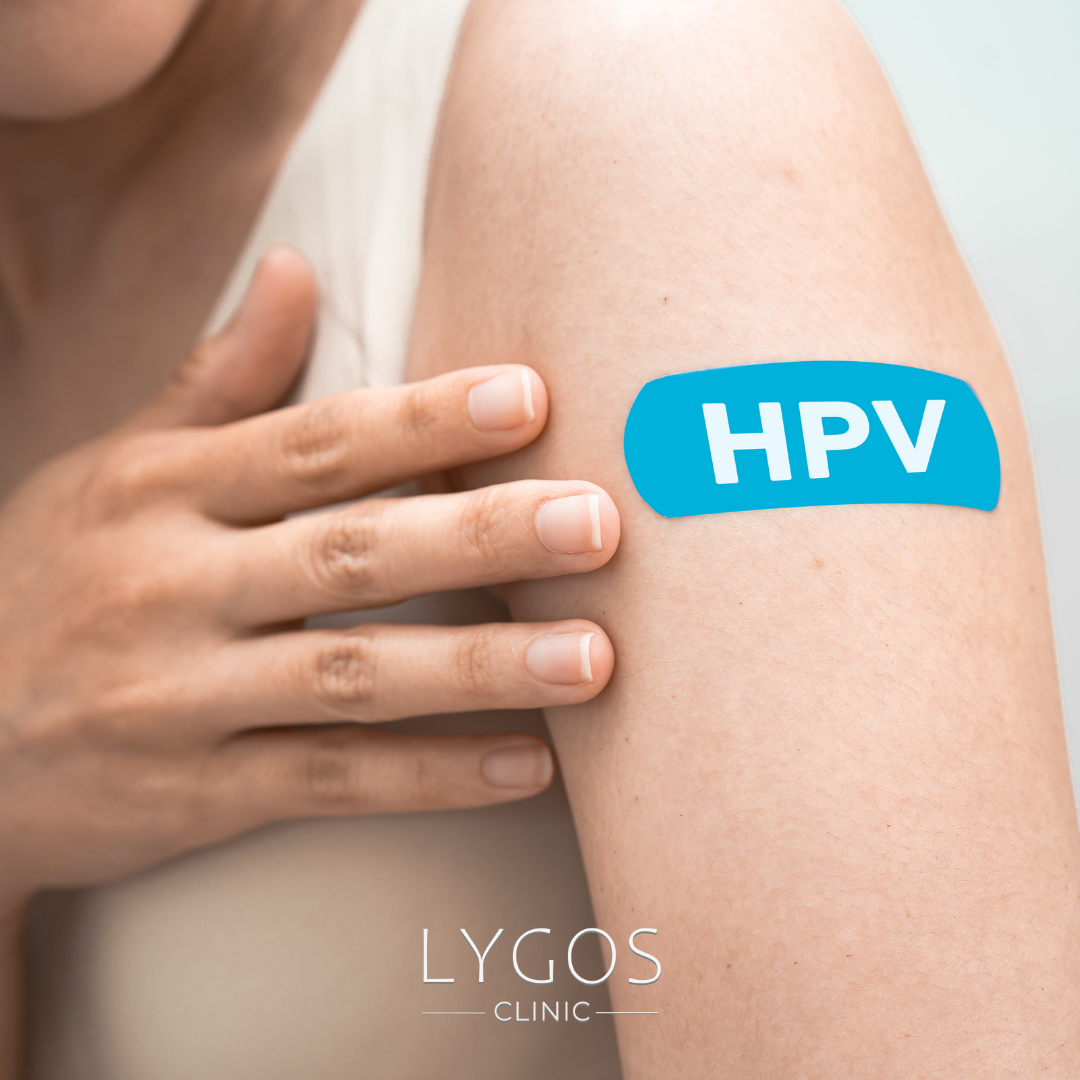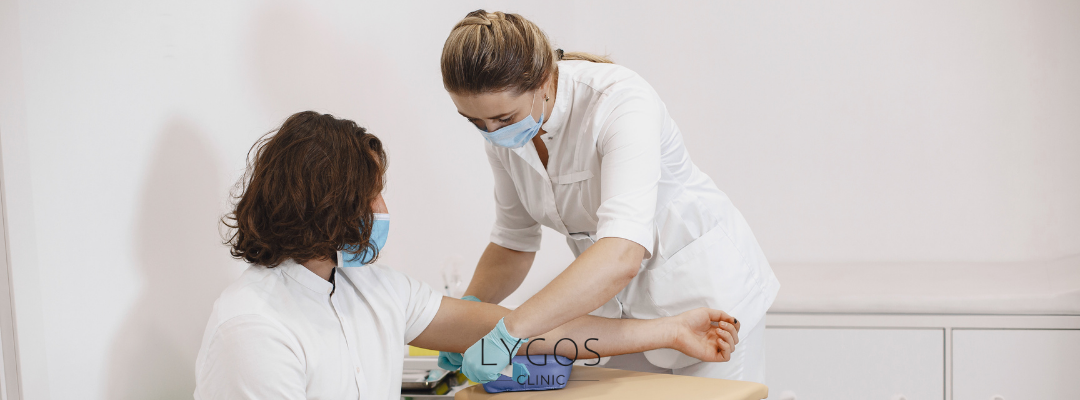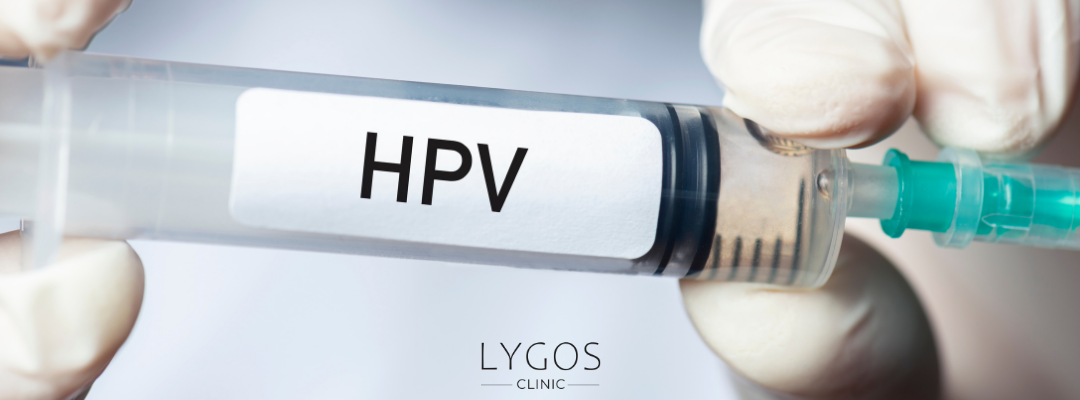Living with HPV | Treatment and Management

Chose Your Topic
Living with HPV
Human papillomavirus (HPV) is one of the most common sexually transmitted infections worldwide. Living with HPV may initially feel frightening or uncertain; however, with accurate information and proper management, it is manageable. This article will explore what HPV is, its effects on health, ways to improve quality of life, and treatment options.

What is HPV?
HPV is a virus transmitted through sexual contact and has more than 200 different types. HPV types are generally classified into two groups: low-risk and high-risk.
- Low-risk HPV types: Usually cause warts and have a low risk of turning into cancer.
- High-risk HPV types: Associated with cancers such as cervical (cervix), anal, penile, and throat cancers.
HPV infection often shows no symptoms, and many people carry the virus unknowingly. Therefore, regular screenings and early intervention are very important.
Effects of HPV on Health
HPV can affect individuals differently. Most people’s immune systems clear the infection within a few years. However, in some cases, HPV can lead to serious health issues:
- Genital Warts: Low-risk HPV types can cause warts in the genital area. These warts are usually painless but may be visually uncomfortable.
- Cancer Risk: High-risk HPV types can lead to cervical cancer, as well as anal, penile, and oropharyngeal (throat) cancers. Regular screenings help detect cancer early.
- Immune System Effects: HPV infection may last longer and cause complications in people with weakened immune systems.
Living with HPV is possible by understanding its potential health effects and taking preventive measures.

Living with HPV
Being diagnosed with HPV does not mean life is completely changed. Learning to live with the virus is important for both physical and emotional health. Key considerations include:
- Emotional Support: An HPV diagnosis can cause stress and anxiety. Open communication with your partner and professional psychological support, if needed, can improve quality of life.
- Communication with Partner: HPV is contagious, so discussing prevention methods with your partner is important to reduce transmission.
- Regular Check-ups: HPV often shows no symptoms; therefore, regular Pap smears and medical follow-ups are essential.
Managing HPV becomes much easier when lifestyle and health habits are properly maintained.
Treatment and Management of HPV
There is currently no treatment that eliminates HPV itself, but there are methods to address symptoms and complications:
- Treatment of Genital Warts: Warts can be treated with cryotherapy (freezing), laser therapy, or topical creams.
- Management of Precancerous Lesions: If precancerous changes are detected in the cervix or other areas, surgical or medical treatments may be considered.
- Immune System Support: A balanced diet, regular exercise, and avoiding harmful habits like smoking can help the body fight HPV more effectively.
HPV management should be personalized and monitored by a doctor.

HPV Vaccine
The HPV vaccine is one of the most effective ways to prevent infection. It is ideally administered before becoming sexually active, but it is also recommended for adults.
- Types of Vaccines: The 4-valent and 9-valent HPV vaccines protect against both low-risk and high-risk HPV types.
- Duration of Protection: The vaccine provides long-term immunity and significantly reduces cancer risk.
- Side Effects: The vaccine is generally safe; mild fever or soreness at the injection site may occur.
The HPV vaccine can prevent infection entirely and improve quality of life.
Ways to Improve Quality of Life While Living with HPV
It is possible to maintain a high quality of life while living with HPV. Some recommendations include:
- Healthy Lifestyle: Balanced nutrition, regular exercise, and adequate sleep strengthen the immune system.
- Stress Management: Yoga, meditation, or hobbies can reduce stress and support immunity.
- Regular Screening: Pap smears and other tests help detect potential complications early.
- Education and Awareness: Accurate knowledge about HPV helps avoid unnecessary anxiety and stigma.
- Prevention Methods: Condom use reduces the risk of HPV transmission, and open communication with partners supports this process.
Living with HPV can be safe and high-quality with proper information, regular check-ups, and healthy habits.
HPV is widespread globally, but with correct management and precautions, it does not have to lower quality of life. Regular screenings, the HPV vaccine, and healthy lifestyle habits protect against the virus and prevent potential complications. Living with HPV requires a conscious and healthy approach, allowing both physical and emotional well-being to be preserved.
Remember: Living with HPV may seem beyond your control, but with accurate information and preventive measures, it can be fully managed.
Living with HPV Frequently Asked Questions (FAQ)
Yes, HPV is transmitted through sexual contact. Even skin-to-skin contact can spread the virus, so protective measures and open communication with partners are important.
Most HPV infections have no symptoms. Some types can cause genital warts, and high-risk types may lead to precancerous changes in the cervix or other organs.
High-risk HPV types are associated with certain cancers. Regular screenings and early intervention significantly reduce the risk.
The body often clears HPV naturally with the immune system. However, the virus can remain and cause symptoms, so regular check-ups are important.
The most effective protection is achieved before becoming sexually active. However, adults can also receive the vaccine for protection against infection.



